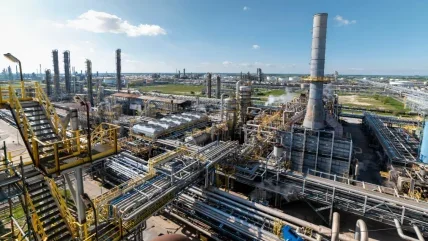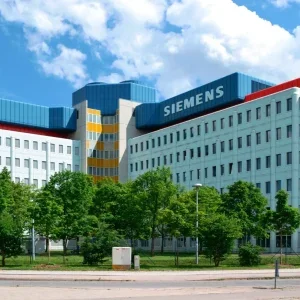
Orlen has halted the Olefins III petrochemical project in Płock, Poland after internal reviews revealed that implementation costs would exceed initial estimates by more than sixfold.
The decision is expected to save the Polish oil refiner approximately PLN15bn ($3.69bn), with resources redirected to initiatives aimed at enhancing its competitiveness and supporting Poland’s economy.
The suspension follows a comprehensive review of the project’s financial viability and execution process. An analysis conducted under the current management, led by Daniel Obajtek, identified irregularities in the planning and implementation phases.
According to the company, unrealistic financial and operational assumptions disregarded prevailing market conditions. Issues related to scheduling, technology, and design within the inside battery limits (ISBL) installations were also identified as significant contributors to potential cost overruns.
Initially budgeted at PLN8.3bn ($2.04bn), the project’s estimated cost was revised to PLN25bn ($6.16bn) in 2023 by the previous management. This revised estimate was accompanied by a reduction in scope, excluding certain advanced chemical components that had been part of the original plans.
Subsequent assessments indicated that total expenditure, including the construction of critical infrastructure for plant operations, could escalate further to PLN51bn ($12.56bn).
Orlen has reported irregularities in the capital investment process to the prosecutor’s office and is exploring legal options to pursue compensatory claims against former management board members. A resolution adopted at the company’s general meeting supports these potential claims.
The company is now pivoting its strategy toward the New Chemicals (Nowa Chemia) project, utilising existing infrastructure initially prepared for Olefins III. The New Chemicals initiative is based on revised financial, technological, and operational assumptions.
Plans include the development of a monomer production facility and expanded capacities for ethylene oxide, glycols, styrene, and the C4 fraction, with production volumes aligned to meet market demand.
The New Chemicals project is expected to commence operations around 2030, gradually taking over the role of the current Olefins II facility. This transition will allow continued production at Orlen’s Płock plant, a key industrial site located approximately 120km northwest of Warsaw in the Masovian Voivodeship.
The Olefins III project was originally designed to include a new steam cracker with an annual production capacity of 740,000 tonnes of ethylene and 340,000 tonnes of propylene, along with additional production units such as an ethylene oxide and glycol facility.






